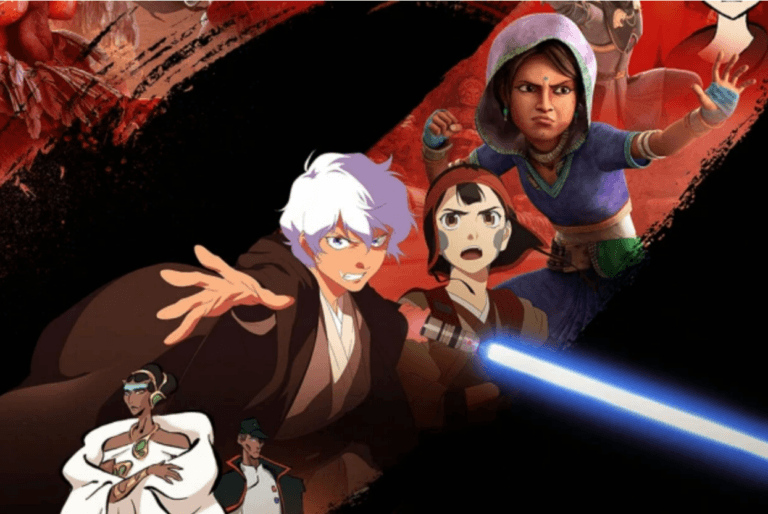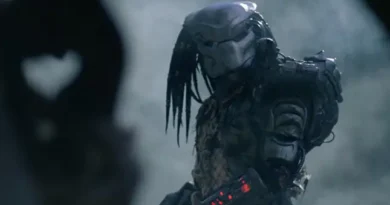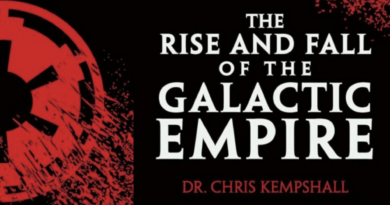
Star Wars: Visions Volume 2 review
The first season of Star Wars: Visions was an enjoyable experiment for Star Wars, and saw the vast galaxy given to nine Japanese studios to tell whatever anime story they wanted in whatever style they wanted. And it was a success, so much so that when Lucasfilm returned for a season two, they went international. And this was a great idea.
The nine studios from across the world bring their A game to their slice of Star Wars, with enthusiastic visuals dripping in colour, claymation, and delightful action. While not all of the shorts click, there are enough shorts to leave an overall feeling of satisfaction when binged or watched individually.
While not all of the stories push the franchise out of its comfort zone (triumphing over fear is a constant), some of them do this wonderfully. El Guiri’s ‘Sith’ and Aardman’s ‘I Am Your Mother’ take the familiar of Star Wars and twist it, and many of them do this to.
That’s not to say that those that fall on the more classic Star Wars tropes and time periods are boring, or aren’t worth watching. Punkrobot’s ‘In the Stars’ and 88 Pictures’ ‘The Bandits of Golak’ lean on more Star Wars established concepts but they do it with cultural twists from Chile and India respectively. All the studios are able to put their cultural mark on Star Wars this way.
And it makes sense. Star Wars has always been a melting pot of different cultures and genres, right from the very beginning. It has incorporated political thrillers, Westerns, and Samurai films into a galaxy far far away, and what the second season of Visions achieves.
There are some weak points though. The shorts are very female centric, which isn’t bad, but a lot of them feature young girls realising their power and overcoming their fears, and by the time that’s been shown for the third or fourth time it becomes repetitive. Perhaps there should have at least been some coordination about the stories that were told.
Overall though Visions shows the potential of what can be done with the Star Wars franchise when it’s at its most daring, when it isn’t being led by the company that redefined the word safe in the film and entertainment landscape.



